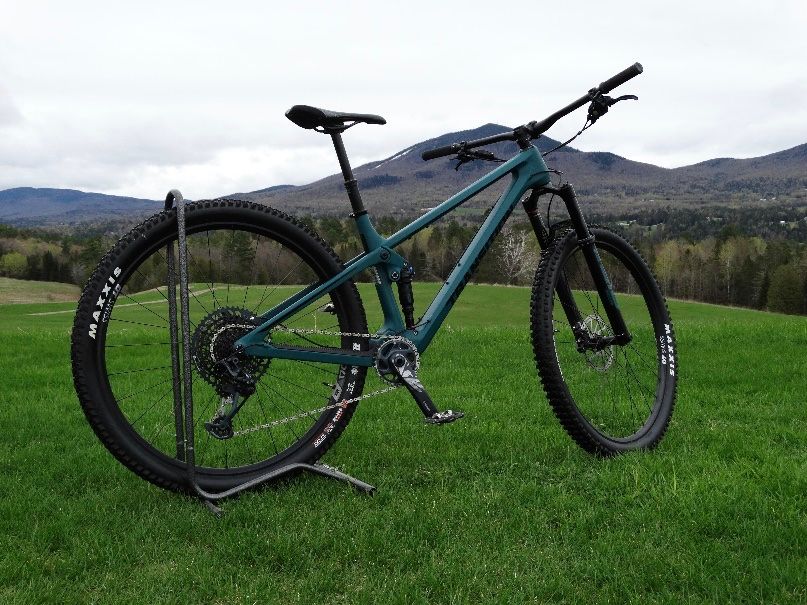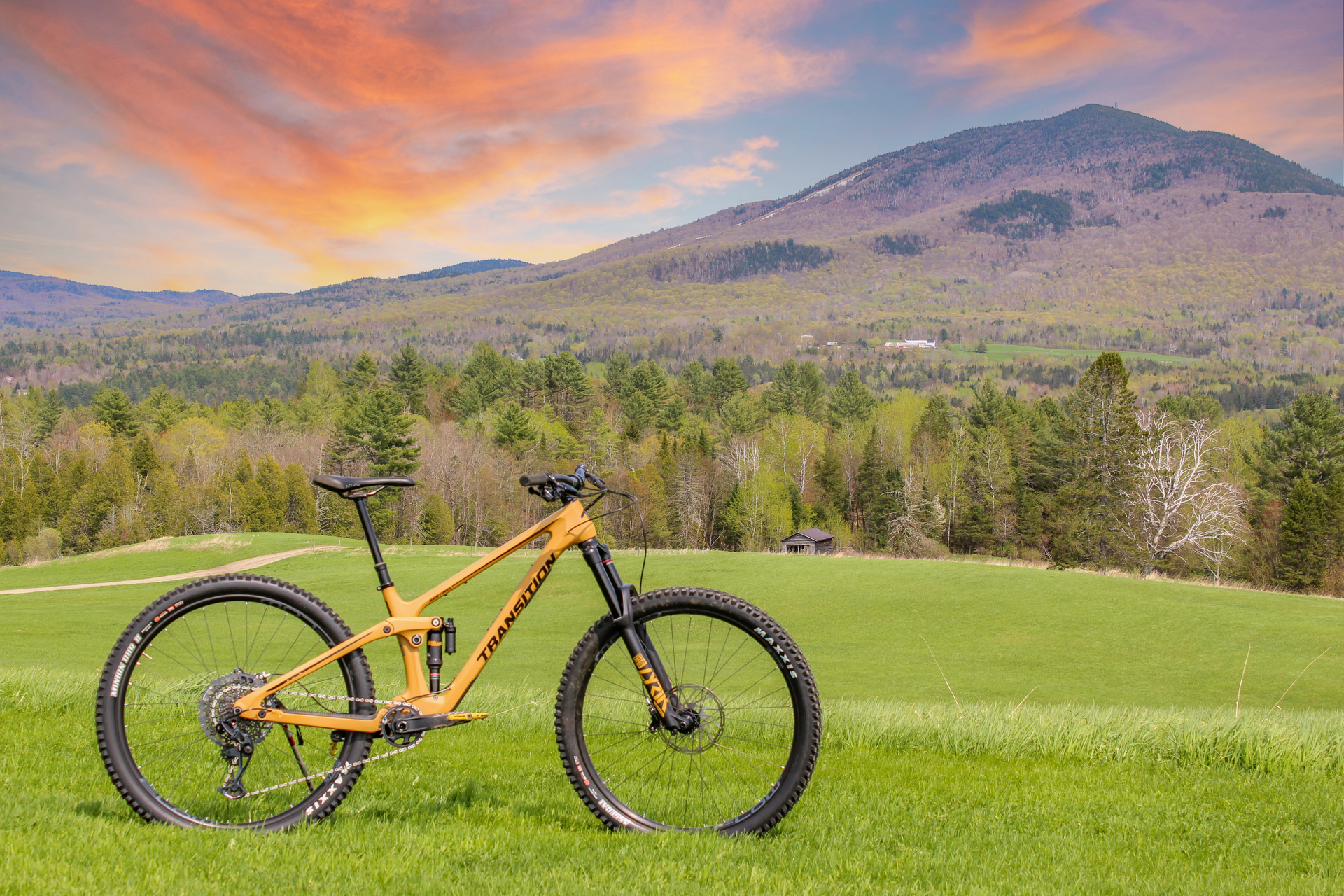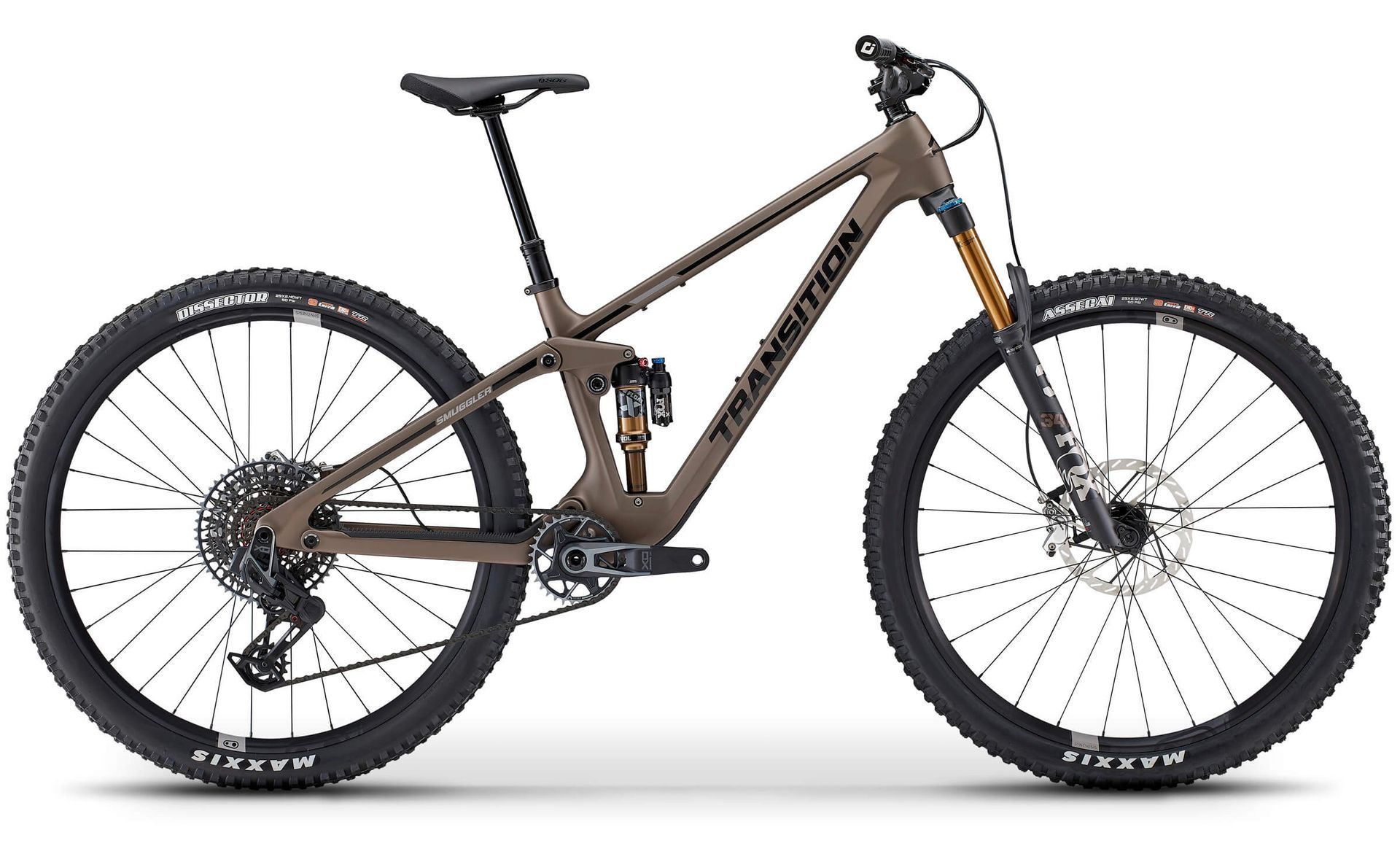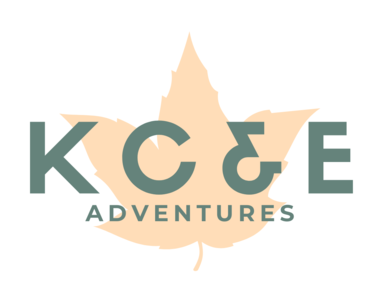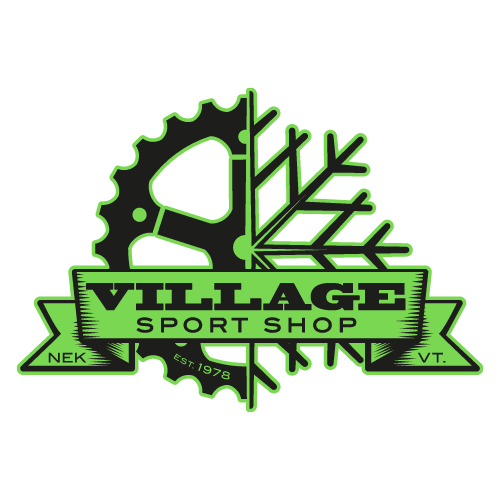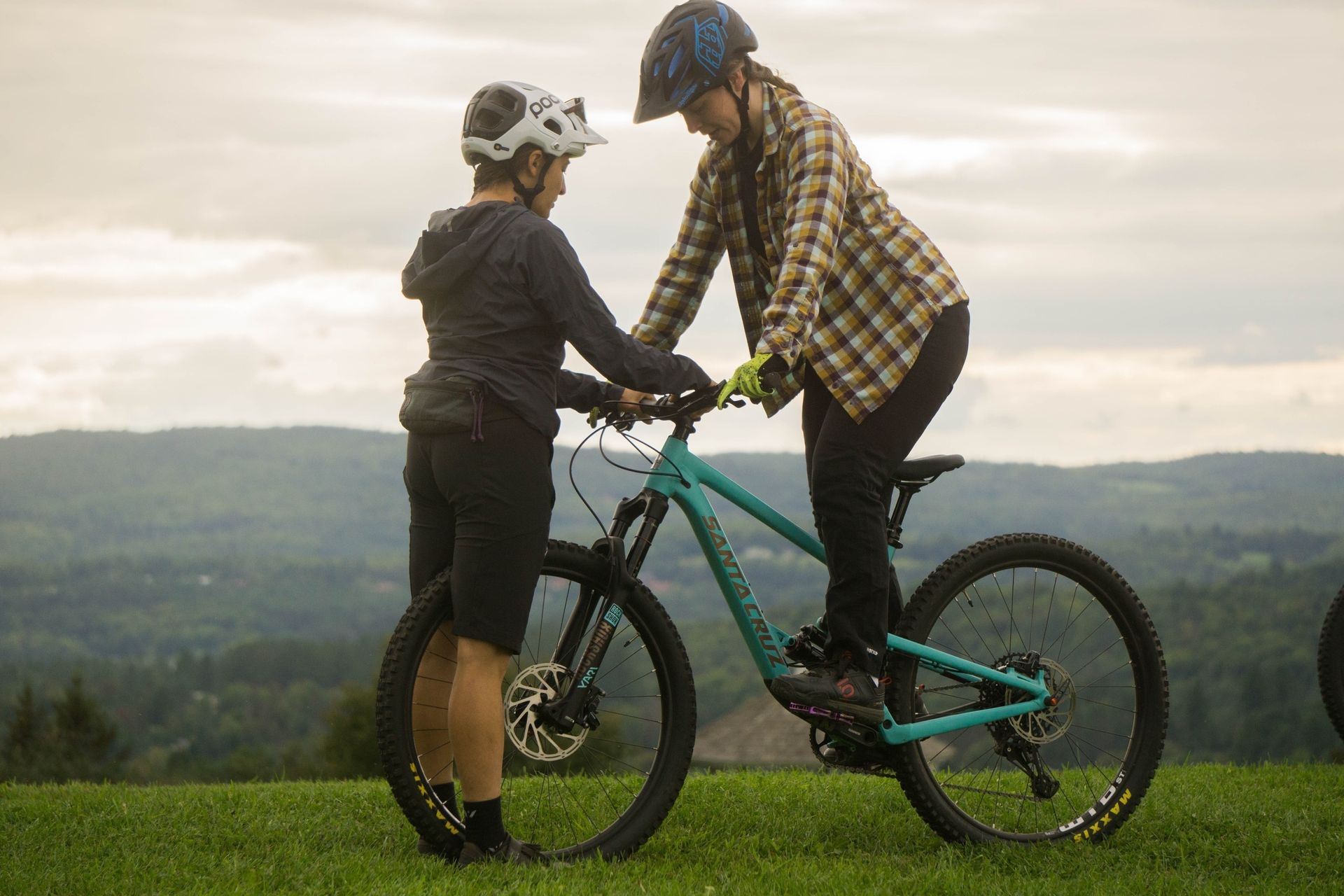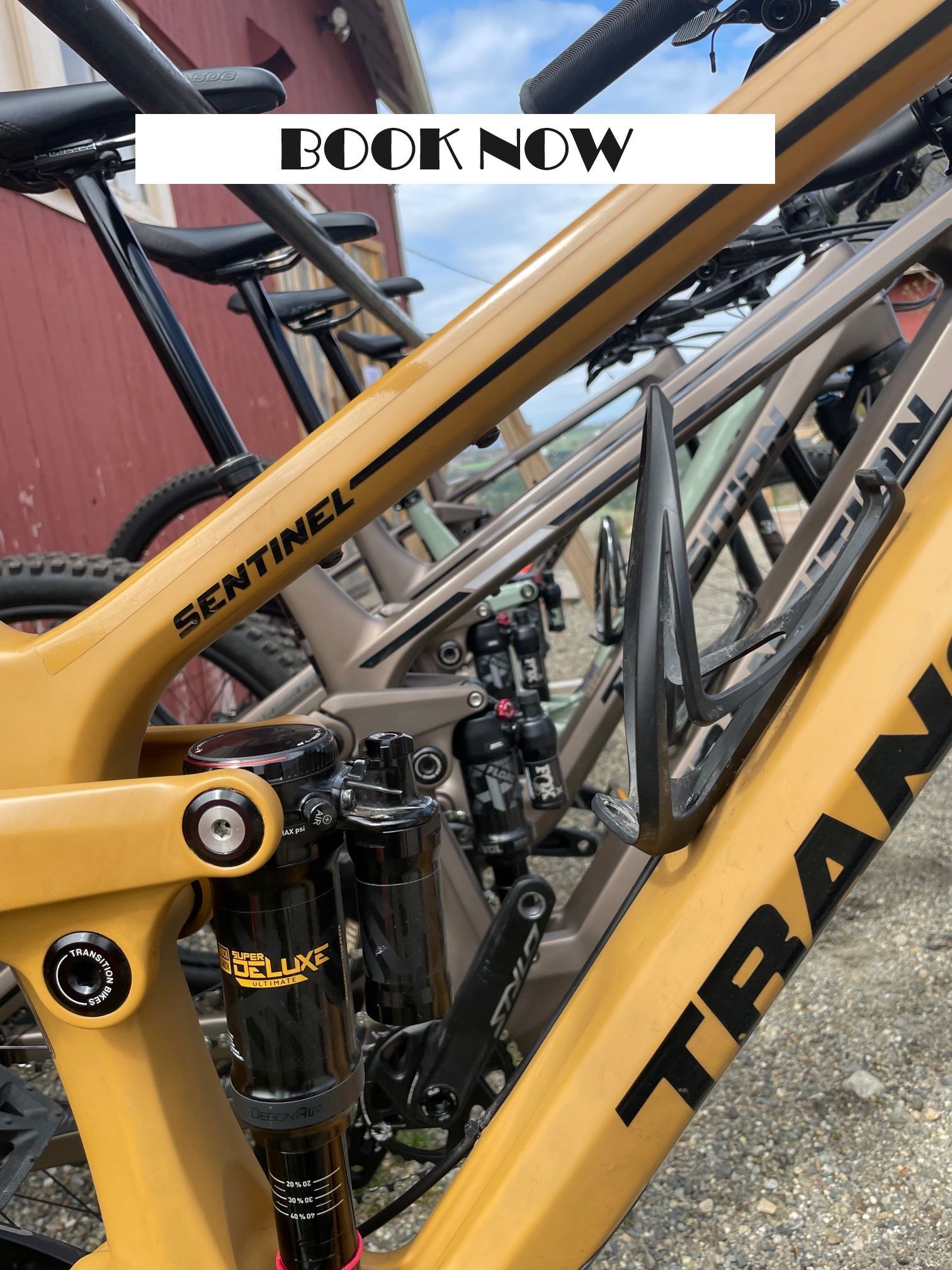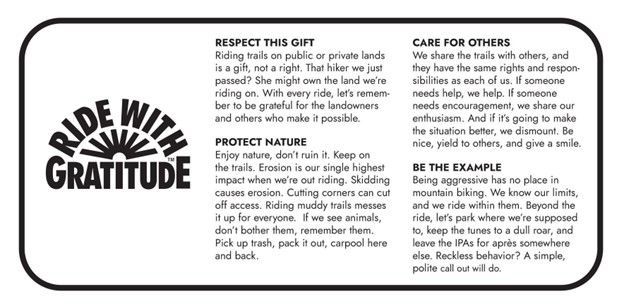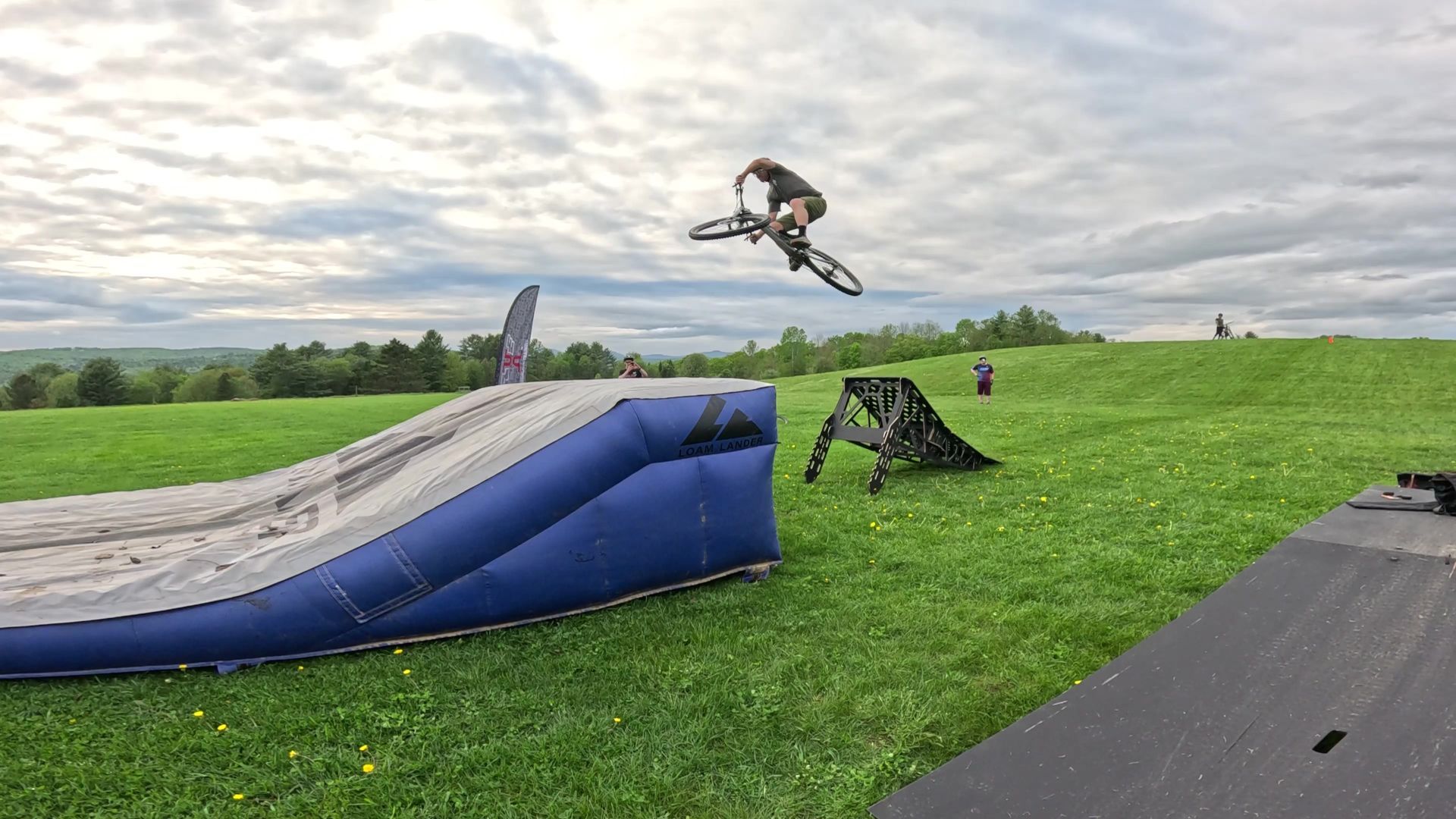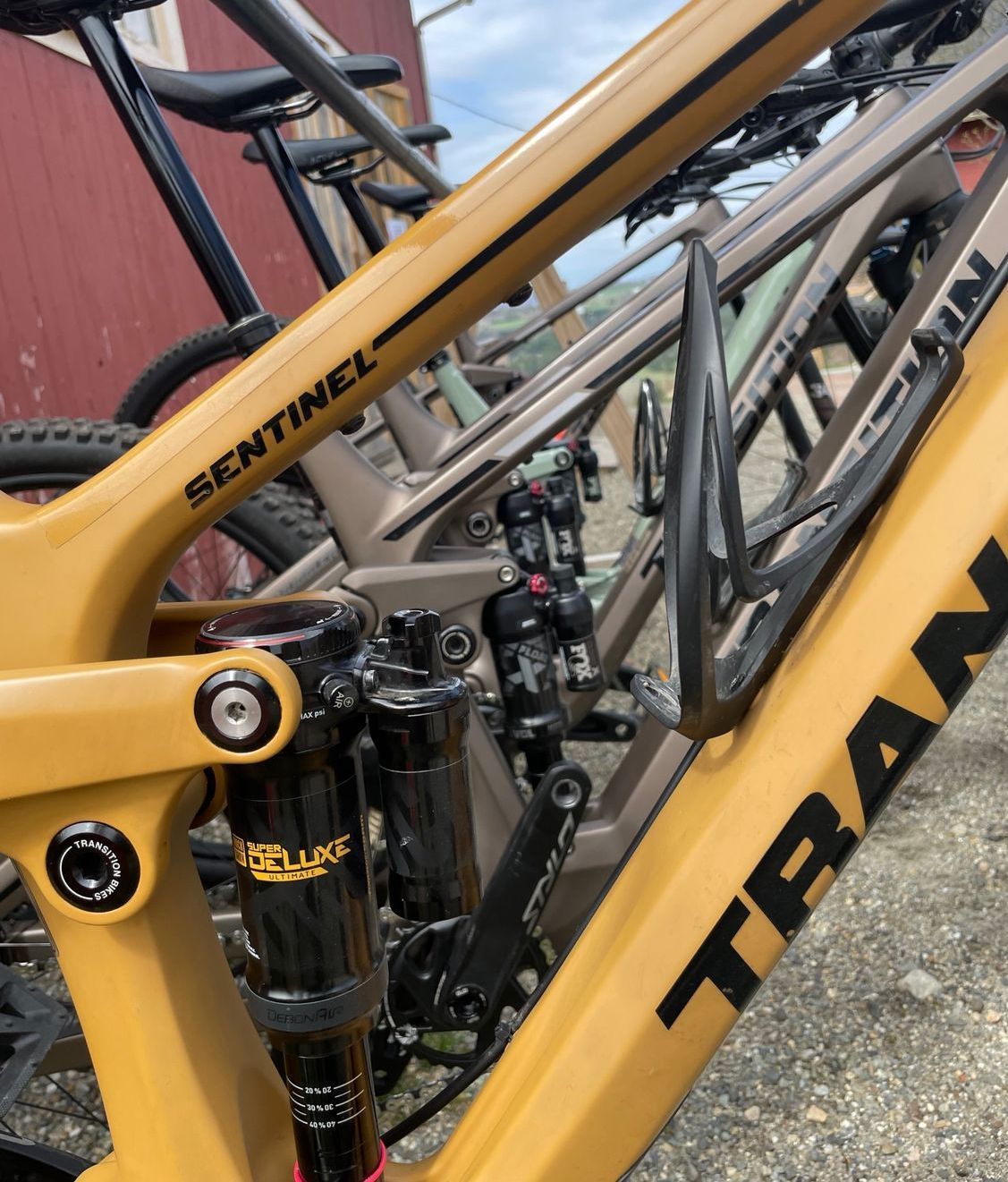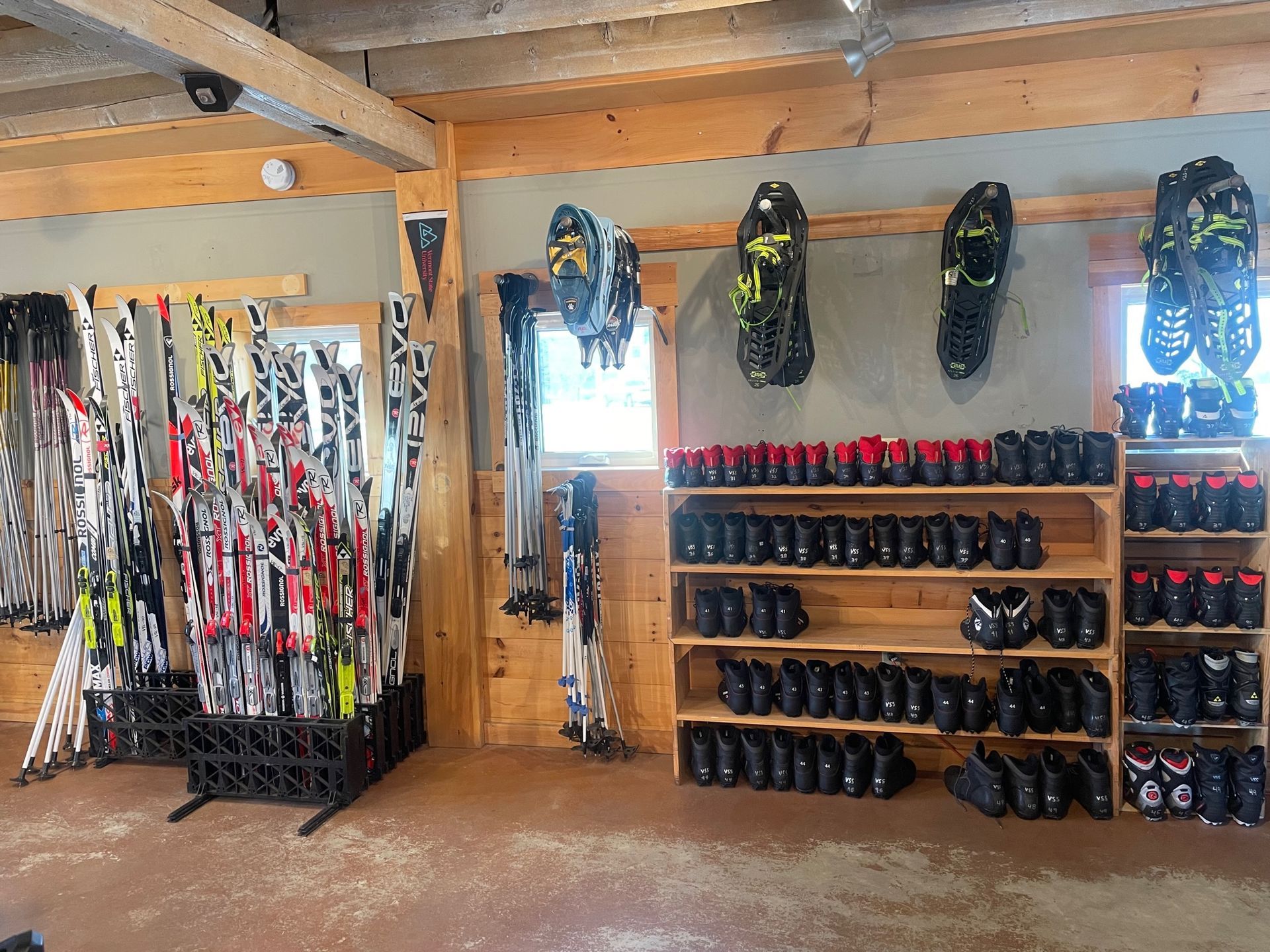June 6, 2024
The Burke we know and love today has gone through many changes over its origins in the late 1700’s. As explained below by Burke historians the only thing that has not changed is the resiliency and drive the local inhabitants have had to keep the Burke town name strong and something to be proud of. The Town of Burke was chartered in 1782; the first settlers arrived in 1792. The town was organized in 1796 in the home of Lemuel Walter. He cleared land and built a cabin on land that was later Darling’s Mountain View Farm. The first surveyors divided the town into lots of approximately 160 acres. Deeds today still refer to the original proprietors, who were given the land as payment for their efforts in the Revolutionary War. Only one or two of these first landholders ever came to the Town of Burke. The land was sold through land agents to the early settlers. The charter of the Town of Burke granted lands to 65 proprietors, most of who came from Litchfield County, Connecticut. Burke was named after Sir Edmund Burke, a member of the British Parliament who tried to promote conciliation of the American colonies and avert a war for independence. The proprietors of the Northeast Vermont grant took his name for their yet unsettled town of Burke. Sir Edmond Burke had so well expressed their hopes for freedom and independence. The settlers came by boat as far as they could and then walked, or they came on horseback or in ox carts along blazed trails. They found the freedom they wanted, the land they needed, and with hard work cleared the land and established a home. From the forests came a cash crop of potash and lumber for construction and sale. With the waterpower available, sawmills became the first industry. Roads were constructed and trade commenced, primarily with the areas to the south. Cattle and turkeys were driven over the roads while oxen and horses carried other products. There was a need for merchants, inns, teachers, blacksmiths, and other craftsmen. Gradually the farms grew as the trees were driven back, and the lumber industry flourished. The first settlers opened the land along the central ridge. The first public building, which was built on Burke Green, housed a school, church and meeting house. The central ridge proved to be too windy and the center was moved down the hill to Burke Hollow. The town spread out from there. South Burke was at the fork of the road between Lyndonville and Sutton, with the fork in the road going to Burke Hollow by way of Bugbee crossing. East Burke was settled early, probably because of the river valley and its easy access to Lyndonville to the south. West Burke was probably settled because of its waterpower, lumbering and farming. The railroad caused West Burke to prosper as it was in a good location with the surrounding hills in Sutton, Newark and Burke. West Burke became an incorporated village in 1901. In 1895, the residents of Burke founded the Burke Historical Society. The history of the town and its beginning has been kept by their early efforts to preserve the important documents and stories of early settlers. Their records contain histories of the principal families that settled in Burke. Two hundred years and six generations later there are still descendants of those original settlers in town today. Electricity came into town at the turn of the century and automobiles and trucks soon followed. Most of the lumber had been removed from the area so there were few mills. Dairy farms gradually became larger and tractors replaced horsepower in the early 1940’s. Many of the farmers had started farming after WWI and as the farmers aged there was no one to replace them. The small farms could not compete so dairy farming declined. In the 1960’s, a government program to remove land from production, changed agriculture in the town to the way it is today. In the late 1800’s there was a move in Vermont to create a tourist state. Westmore prospered with Willoughby Lake as a summer residence for visitors who came to West Burke on the train then continued to the lake. This provided business in the village. After the roads improved, rail traffic declined while automobiles and trucks became the transportation of choice. Gas stations and garages replaced livery stables and feed stores. Stores changed as the townspeople started trading to the south. Social organizations declined as people were able to travel to larger places. There were eleven school districts in the 1830’s, the families were large and the school population was over 400 students. As the farm population shifted, some of the schools were not needed, so schools were consolidated and scholars were transported to other schools. In 1978, a more central building was constructed near the Town Hall. This left two school buildings. Currently there is one town school (kindergarten through 8th) on Burke Hollow Road in West Burke. The early settlers worked hard during the week and wanted a church to attend on Sunday. Over the years there have been several denominations. The Congregationalist, Methodist, and Universalist churches are still active in the town. Stock for saw mills was cut from the slopes of Burke Mountain and eventually a trail to the summit was cut and one shelter was built at the top. Gradually the timber on the mountain was turned into lumber. In 1904 Elmer Darling purchased Burke Mountain and in 1907 there was a forest fire. Elmer Darling saw the need for a fire detection service and agreed to furnish and erect a tower. A carriage road up the mountain was built in 1910 and became an auto road to the summit in 1932. With the road, the gift of Darling land by the Darling Family for a park, and the work of Civilian Conservation Corps (CCC), Burke Mountain started another phase of development. The CCC cleared over two miles of ski trails and constructed the stone house at the base of the toll road. The stone house was used as a home for the caretakers of the park. After the toll road was completed, local skiers used the road and trails for various events, mostly sponsored by the Lyndon Outing Club. In 1953, 13 area men formed a corporation that began the development of the Burke Mountain ski area. With this development came vacation homes, an increase in out-of-town land ownership, and subsequent changes to Burke’s landscape. The camp on the mountain summit was torn down in 1966 and Vermont Educational TV built a building to house its equipment. There is a steel tower that houses a variety of telecommunications facilities that service the area that once served as a fire tower. Several different groups have owned the ski area, each one adding something different and expanding some facet and success of the recreation area. Elmer Darling made numerous contributions to the Burke area. He constructed buildings, purchased large amounts of land, operated mills, and farms, and was actively involved in the community. When Elmer was 24 years old, he went to work for his uncle, Alfred, at the famous and elegant Fifth Avenue Hotel in New York City. He was so successful, he became part owner and began to purchase land in Burke. In 1883, he purchased the Harley Hall farm and gradually purchased more land until he was reported to have the largest farm in the state of Vermont. Elmer’s brother, Lucius, was the superintendent, and his sister, Louise, did the bookkeeping. By 1896, Elmer Darling owned 953 acres, mostly farmland on “Darling Hill”. By that time, most of the men of East Burke worked on the Darling Farm. Elmer Darling was very interested in the Morgan horse and successfully bred prize-winning and handsome horses to be admired at all the fairs. In 1905, Elmer Darling broke ground for the construction of a colonial style mansion which was finished in 1908. He called the mansion “Burklyn Hall”. It had 23 bedrooms and five caretakers. Elmer renovated the saw mill in the East Burke village in 1907, put in a new dam and a dynamo to run water to his Mountain View farm on the hill. He also put in an electric light plant for the farm and supplied the village with electricity. The flood of 1927 destroyed the plant and it was never rebuilt. Elmer Darling built the Burke Mountain Clubhouse in the East Burke village as a community center, gathering place, and library. He then built a gazebo near the Clubhouse for the Burke Band to perform. At the time of Elmer Darling’s death in 1931, he owned between 7,000 – 8,000 acres. The acreage he owned on the mountain was deeded to the Forest and Parks division of the State of Vermont, hence, the name “Darling State Forest”. Source: Burke Town Plan Burke today can boast a plethora of achievements from housing the headquarters for Kingdom Trials, supporting a thriving restaurant hub, protecting its many scenic vistas and continuing to find the best path to smart development for its residential and business sectors. If you have not visited East Burke Vermont you are missing experiencing a true gem. From its sleepy and mellow shoulder seasons to its bustling summer bike scene East Burke Vermont has a little mix of everything layered into its true Vermont roots.
